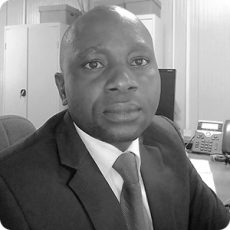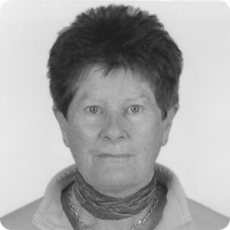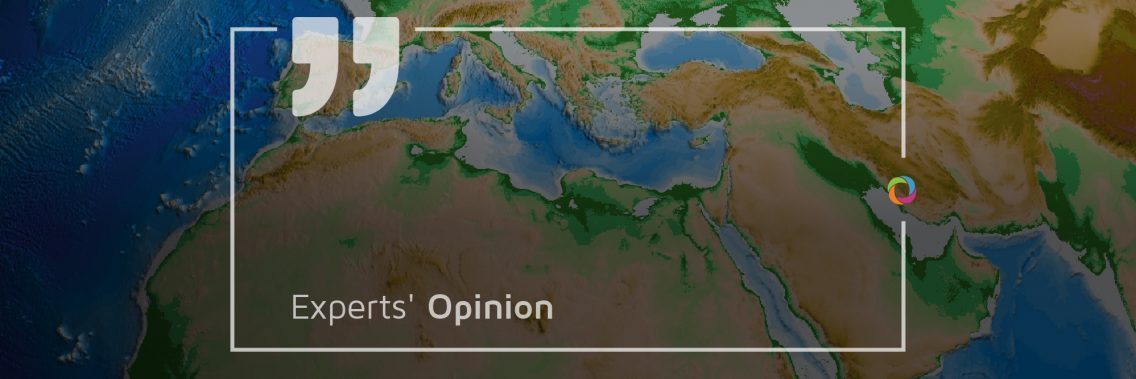A degree in international development is not always the key to landing a job in this sector. It is much more important to understand the field you want to work in and the skills required. We asked global development recruiters for their advice for professionals looking to make a transition into international development. Check out their tips below.
What major skills are necessary to start a career in international development?

“To start a career in international development, it is necessary to have a minimum of 2 to 5 years of professional experience in an organization. The perfect mastery of one’s profession or know-how, a sense of being and sufficient knowledge to fit the profile sought by the recruiter can also constitute a basis for gaining to work. Also, there is a need for a solid university education. The higher education diploma is quite normal but it is also important to understand that the diploma is only a recognition of the techniques learned.”

“Having the skill of career flexibility in terms of location is crucial and can make you a strategic fit if not the preferred candidate for opportunities in this space. Additionally, gaining soft skills can also give you a competitive edge to most entry-level roles in any development discipline. Many organizations are constrained since they do not have staff who can write funding proposals or donor reports that are appropriate and effective. Identifying local organizations who face this challenge and volunteering support will build your skill set in this area. Be multilingual. Speaking a second foreign language is an excellent skill for leverage. Take up opportunities such as internships or volunteering to gain these skills.”
How to get your first job in international development?

“As a first step, establish which sector of international development work you are interested in order to target your efforts effectively. Either a) Development with the focus on poverty reduction involving long term objectives or b) Humanitarian Assistance which is a shorter term with more immediate impact and demonstrable results. Research the sector well to understand its current priorities and requirements. Determine the skills you have to offer and how they can fit in with the current variety of positions in order to focus on the area most suited to your skills and experience. Previous practical experience in the field is normally a requisite. Most employers will look for at least six months and up to two years overseas experience demonstrating practical knowledge of the sector, and awareness of different working practices, as well as important personal skills, such as being able to adapt to challenging situations and overcoming cultural barriers. Keep your CV up to date and accessible on job boards. Register with recruitment agencies and information organizations like DevelopmentAid.”
What are some differences between applying for a job in international development and, for example, in the private sector?

“Usually, working with development employers means working in unfamiliar work environments. Working in this space requires a great deal of emotional intelligence and humility. Professionals must remember that they do not have all the answers. The best solutions come out of collaboration with local communities and that can’t be taken for granted. Speak international development – every industry has its own slang and terminologies. The same is obviously true and significant for the private sector as well. Being able to identify this dichotomy makes all the difference to a development recruiter. It’s always important to mirror the language in the job description.”

“When a candidate applies for work in an international development organization, he or she will be working for the well-being of the people. The employer is not looking for profits other than a result which aims to change the daily life of the beneficiaries. In the private sector, it is a job within a profit-seeking structure. The candidacy in an entity of the private sector requires a state of mind that priorities work in the search of benefit.”
What are some mistakes to be avoided when transitioning into international development?

“Firstly, be sure that your choice of transitioning into international development matches your interests, values and strengths. Examine the whole picture: work-life balance, upward mobility, the role itself before you commit to making this lifestyle career change. Make sure you are positive that you are committed and doing it for the right reasons and that you can offer the essential skills and personal qualities required for this type of work. Do not use a generic CV when applying for specific positions but determine what skills are needed and what types of credentials are required then tailor your CV to emphasize your most relevant qualifications.”

“No doubt having an advanced degree is great but only studying international development and not having any related experience such as internships or volunteering is not always the best plan. Having both is the ultimate but, depending on what career you are seeking to build and which discipline is of interest, having the degree alone will not be the ultimate answer. Donor experience is so critical to global development employers. Your CV can’t be too short. Development employers like to see details and, as such, a comprehensive overview of your experience is key. Focus on budget. Recruiters like to see in dollars how big the project was and particularly what capacity you served in.”
Check more than 7500 job opportunities in international development here.

